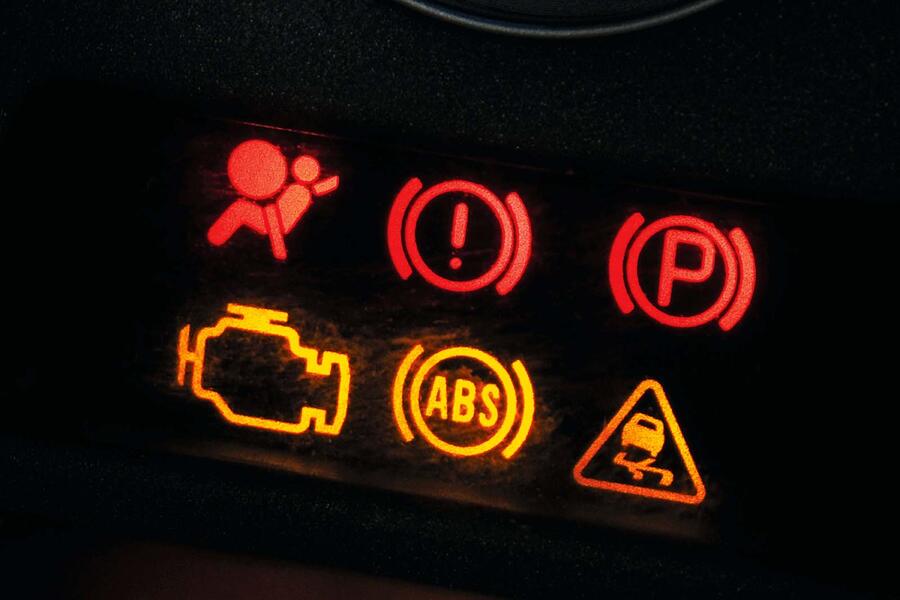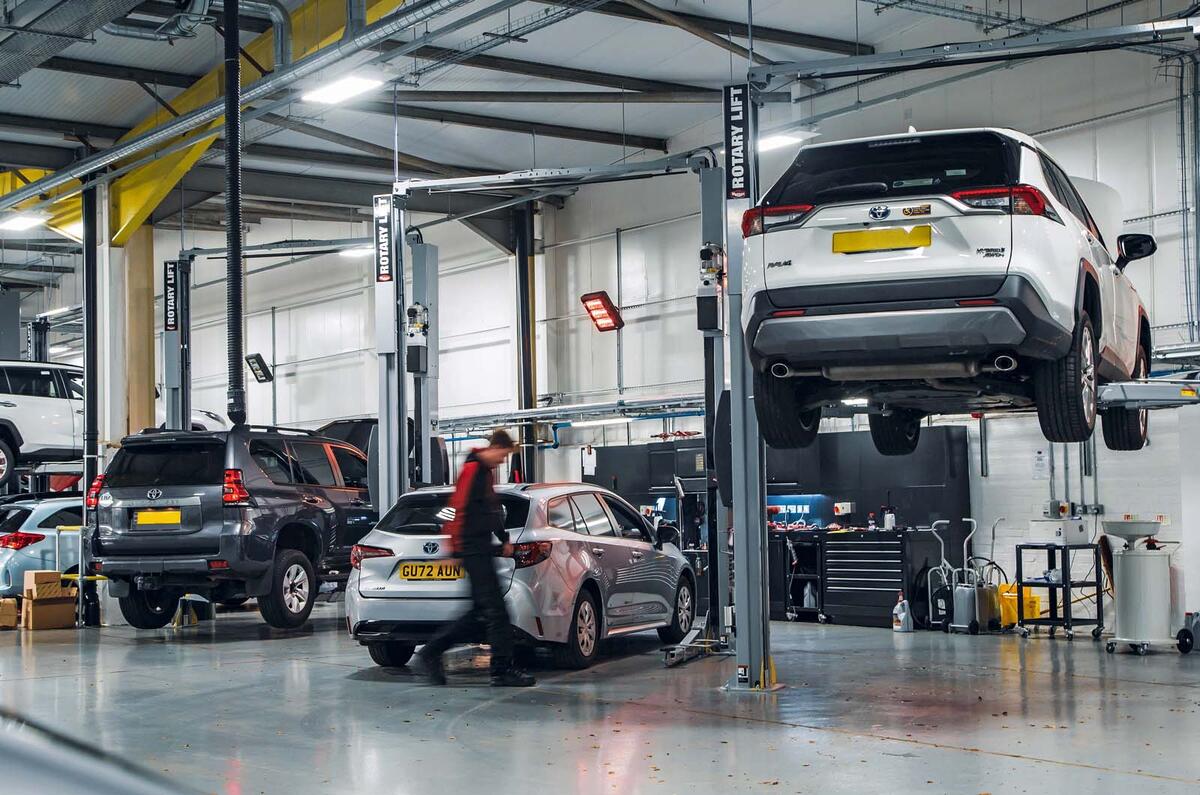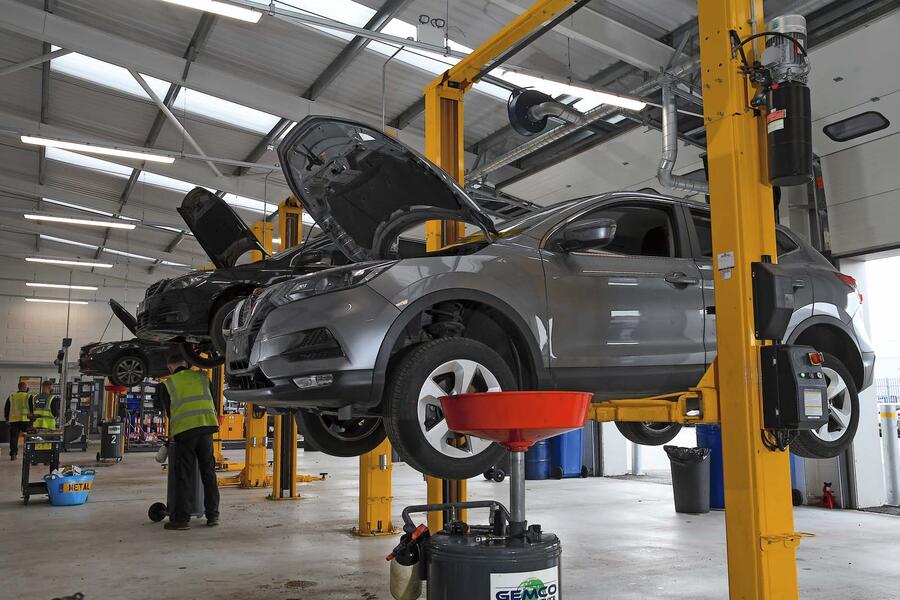The nation's cars are getting older. According to the RAC Foundation, their average age is almost 10 years, an increase of 2.5 years on 2015.
A couple of reasons: it’s becoming more expensive to change from an older car to a newer one and the rising cost of living is forcing household budgets to be diverted elsewhere. Another is the perception that cars are now more reliable and better made.
However, while they may no longer rust so quickly, modern cars do break down, no matter how well serviced they are. Common failures include the traditional weak spots of timing chains, differentials, gearboxes and shock absorbers.
And there are some newer villains too, including diesel particulate filters, wet belts, mechatronic systems and high-voltage coolant heater and air conditioning pipes – and this is before we include EVs, with their own fallibilities.
At the same time, parts are becoming more expensive. Owing to supply chain disruptions and increases in the cost of raw materials, their prices have risen by around 35% since 2020. Fitting them is also getting pricier.

According to a survey by What Car?, the average garage labour rate two years ago was £76. Since then it must surely have increased, due to wage inflation, increases in employment taxes and rising energy costs.
What can owners of older cars do to protect themselves from rising repair bills? Having your car serviced each year can help identify problems before they become expensive, but often faults occur unexpectedly.
There’s not much motorists can do about these, which is why more of them are buying aftermarket warranties that are claimed to cover the cost of many unforeseen repairs. One leading provider says its sales of warranties have increased 14% each year for the past four years.
Is a used car warranty worth the money, though? At first glance, perhaps not. Autocar contacted three providers and was quoted an average of £500 to cover a six-year-old Volkswagen Golf 1.5 TSI DSG with 57,000 miles for 12 months – a figure equal to its average claims payout, according to one company.
Of course, many payouts are much higher. The RAC says that its top five most expensive payouts last year each exceeded £19,000. The recipients of these will have been pleased, but critics of warranties say there are many claimants who receive nothing from their provider and so are anything but.






Join the debate
Add your comment
Has anybody ever had a good experience from an aftermarket car warranty? Except perhaps car dealers who see them as just another profit opportunity!
Never bothered with an aftermarket warranty, the industry is full of sharks.
Once bought a car with a dealer warranty, the guy lied about the car's history and condition and then denied all responsibility once the faults became (very readily) apparent.
Luckily the car was cheap and a punt, and I was able to move it on honestly to someone who understood the risks, for a fairly small hit.